Insulation problems in your old or listed building?
Bring up your heritage property to the living standards of this century
The Most Frequent Challenges
Having surveyed over 4,000 old and heritage properties all over UK in the last decade only, Core Conservation’s building professionals noticed some recurring, common problems without conservation-friendly solutions.
Insulating old buildings was a difficult area without too many conservation-friendly options.
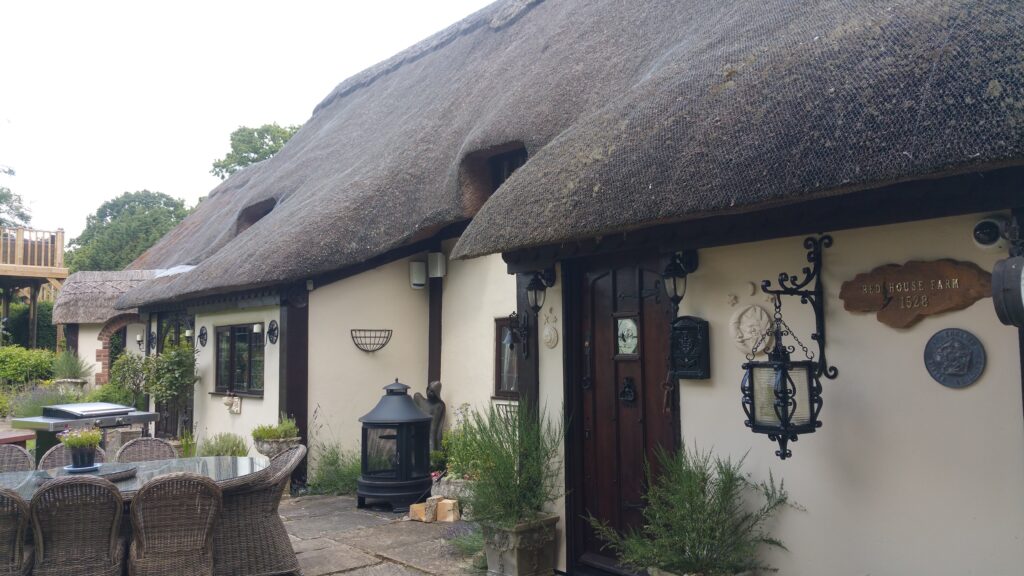
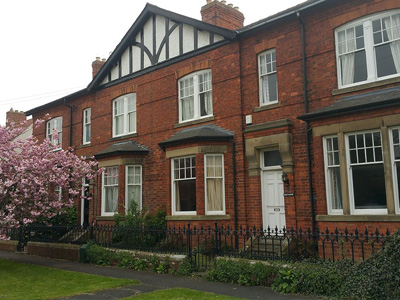
There are great ways of insulating modern buildings, but when applied to old buildings they tend to have unwanted side effects.
What if
– Your building is listed?
– You can’t or won’t change the appearance of the building?
– The walls are curvy?
– The space is too narrow, to begin with?
The notoriously cold and damp walls, musty smell, mould, condensation, the ever increasing energy prices and other factors force old building owners to look for suitable retrofit insulation which ticks all the boxes of the British conservation guidelines.
But we like challenges. Having come up with high performance lime based insulation for this sector, makes us proud.
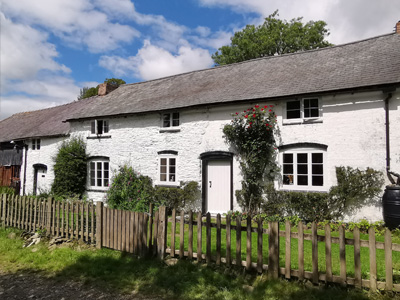
Research for the best performing lime plasters








How was our unique, multi-award winning product line brought to life?
In the recent decades, using modern laboratory analyses, several Roman lime mortars and plasters could be identified and recreated – which was deemed impossible, just a few decades earlier.
The fact that we can use these materials in our work, proved to be a game changer.
We never cease adopting the best practices of building conversation from World Heritage Sites like Venice: where traditional solutions are applied to the fullest.
Thus the team of Core Conservation is providing real, long term, quality solutions for the heritage sector.
Roman materials and techniques proved to give lasting results while being a gentle, lime based architecture, with parallel concepts to our current conservation guidelines.
Super Insulate Your Way to a Cosy Home
The Solution: Multi-award Winning Super Insulator

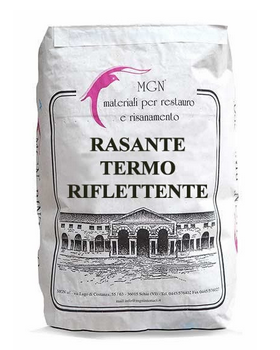

TermoRasante Aerogel MGN
A pure AeroGel-Lime mix, probably the best insulating plaster on the market
10mm of this product performs similarly to a one inch insulated plasterboard
Based on experience, even a 4-10 mm coat can raise the surface temperature of the walls significantly. Can be used in any building, even for insulating uneven thick stone walls, single skin brick walls, timber frame infill panels, cold bridges, etc. Suitable for use in Passive House projects.

Complete refurbishments: Building Control pass on thermal insulation
Building Regulation expresses a wall’s thermal insulation in terms of U-value. The lower U-value is the better. Based on our experience, a stone or brick wall in an old or heritage building is usually around 2.00. The most common requirement for retrofit insulation is a U-value of 0.3 or lower.
With other insulation materials, this value can usually be achieved with a thickness of 100-120 mm.
With our insulation systems, which incorporate other members of the AeroGel Insulation Family as well, this target value for full insulation is routinely achieved within 60-70 mm thickness.
The most popular specifications for achieving a U-value of 0.3 are:
50 mm Termointonaco + 20 mm TermoRasante Aerogel, or
30 mm Termointonaco + 30 mm TermoRasante Aerogel
The best part?
Your wall will look pretty much like any typical lime plastered wall, except it will be incredibly warm and provide excellent insulation. It’s like giving your home a snug, cosy sweater to wear during the cold months, all while retaining its original appearance.
In a nutshell, Super insulator Aerogel Lime Plaster is your answer to a warm and mould-free home.
It’s a game-changer in the world of thermal insulation, and it’s here to make your life comfier.
Aerogel was initially a NASA invention, used for insulating Mars Rovers and as a heat shield for Space Shuttles
Aerogel is an extremely light material of 99.8% air, weighing about 1 kg/m³, also known as “solid air” or “blue smoke” due to its translucent nature and the way it scatters light.
Probably this is the best way to explain its unique structure: Imagine a bowl full of a sweet, wiggly gelatine dessert. Lets suppose your mischievous kid placed it into an oven and dried all the moisture out. Only a pile of powder remained, right?
Well, not in this case!
Because this jelly maintains its shape and structure, even after thorough moisture extraction, it becomes a super light solid.


This translucent material is the greatest known heat insulator. This property made it possible for NASA’s Glenn team to develop an inflatable re-entry tool called HIAD, which is stored, folded up in the launch vehicle, until the moment arrives. This tool once inflated helps slowing down the aircraft and preventing it from overheating.
Even the Mars Rovers’ thermal insulation was made of Aerogel.
This Aerogel-Lime insulating plaster mix is easy to apply
Summary
0:27 Where can it be applied?
0:41 The method of application
1:35 How it looks like, when dried?
1:43 Why do we suggest you to apply a protective finish on top?
2:03 How to make a surface real smooth with lime putty?
2:56 How to test whether or not the finish has dried?
The right way of insulating narrow spaces, e.g. window reveals
A 200 years old, listed farmhouse in London
5:40 Checking the consistency of the lime mix, before application
6:15 General application on the masonry
8:00 Insulating window reveals
10:00 How to make sure, the plaster won’t shrink in the drying phase?
10:50 How to avoid surface cracks?
Historic Building Restoration

An Award-winning Project in pictures
The Cob House is a 300-year-old Grade 2 listed converted block of stables, originally serving as the stable block to Steanbridge House in Slad, nestled in the picturesque Cotswolds.
This project was approached as a conservation endeavour, with the client’s primary focus being the preservation of the building’s character while bringing it up to contemporary standards fit for the 21st century.


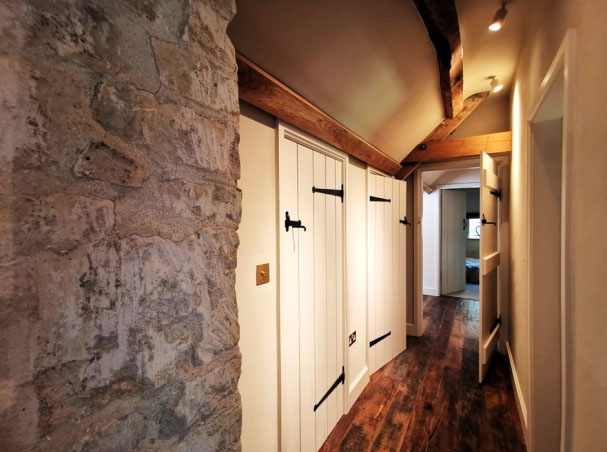
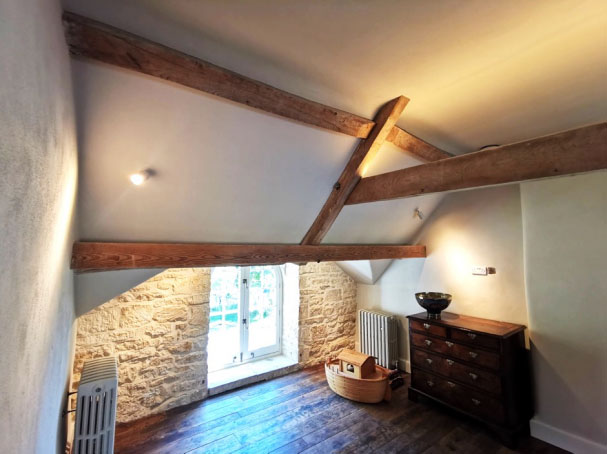

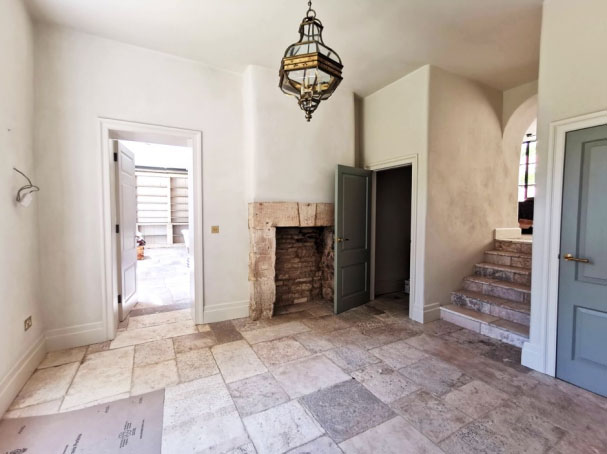

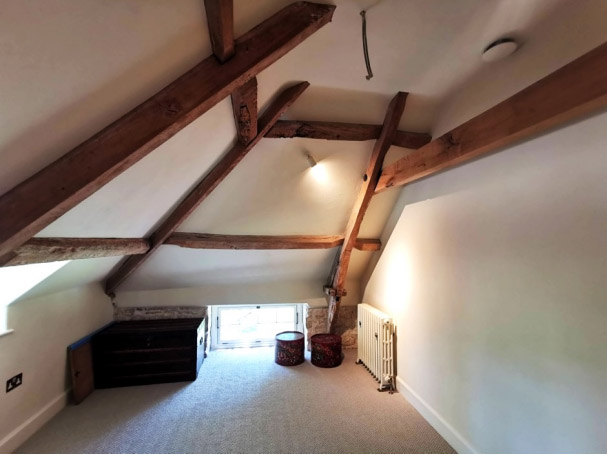

The specifications for architects and other building professionals
Specifications
Composition
- Hydrated lime, with more than 90% calcium hydroxide
- NHL3.5 Natural hydraulic lime – desalinated white
- Nanotechnological aerogel
- Lightened amorphous silica
Colour
White
Technical Sheet
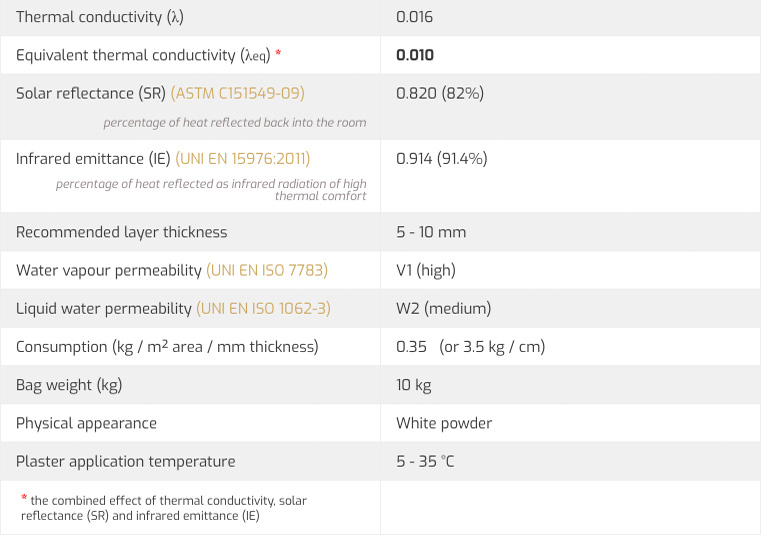

or Contact us
Thank you for getting to this point, we appreciate your interest in our solutions.
You can simply place your order using the form below or get in touch.
Whether over the phone or in email correspondence, the first consultation with our surveyors is free of charge, no obligation.
Professional Building Survey is available as well all over UK, typically for £390+VAT, with a little surcharge if the property is at a very secluded place.
Interested? Please feel free to reach out we are here for you
